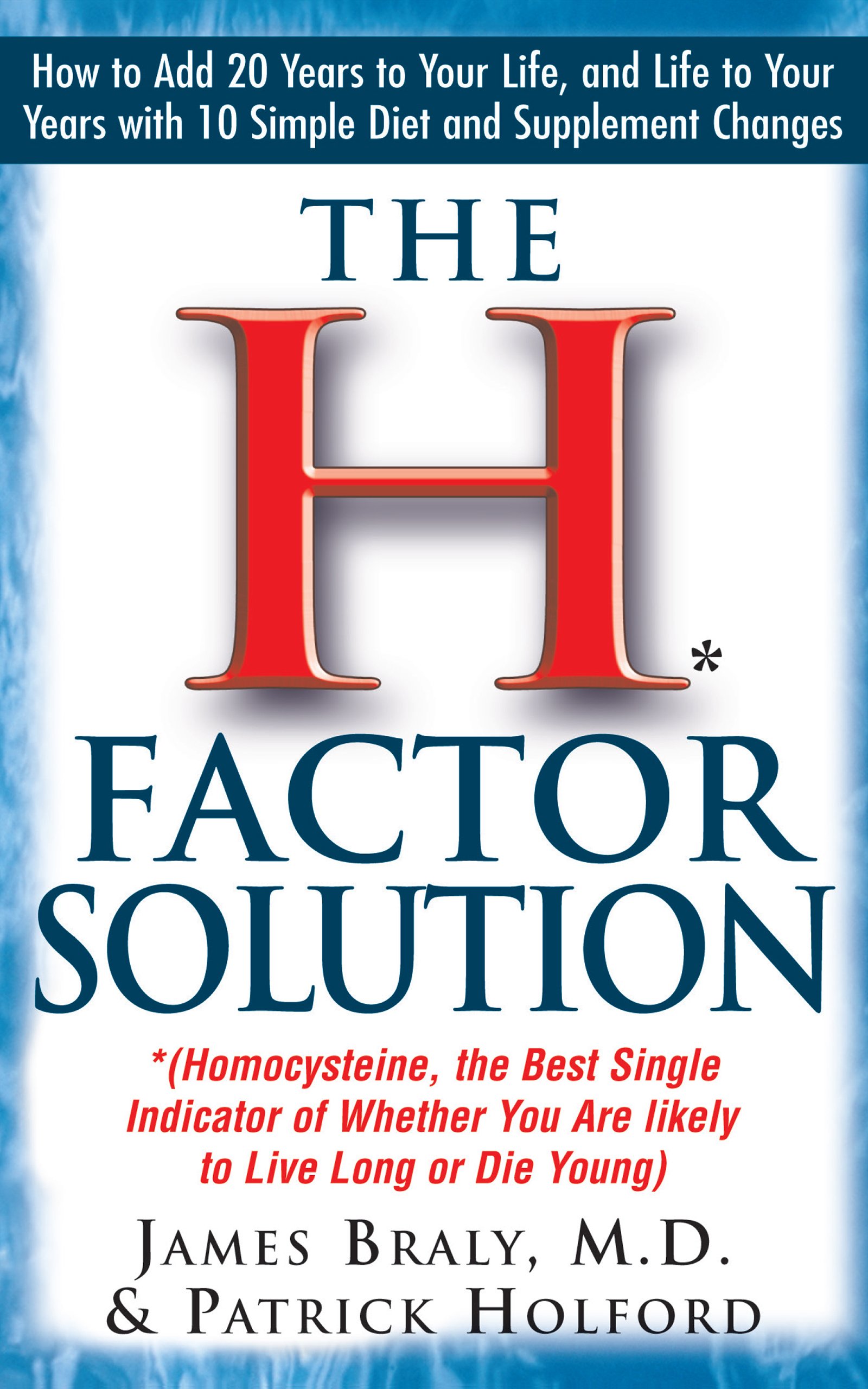Servicios al cliente
Sobre nosotros
Copyright © 2025 Desertcart Holdings Limited
Desert Online General Trading LLC
Dubai, United Arab Emirates


The H Factor Solution: Homocysteine, the Best Single Indicator of Whether You Are Likely to Live Long or Die Young
Trustpilot
Hace 1 semana
Hace 1 semana